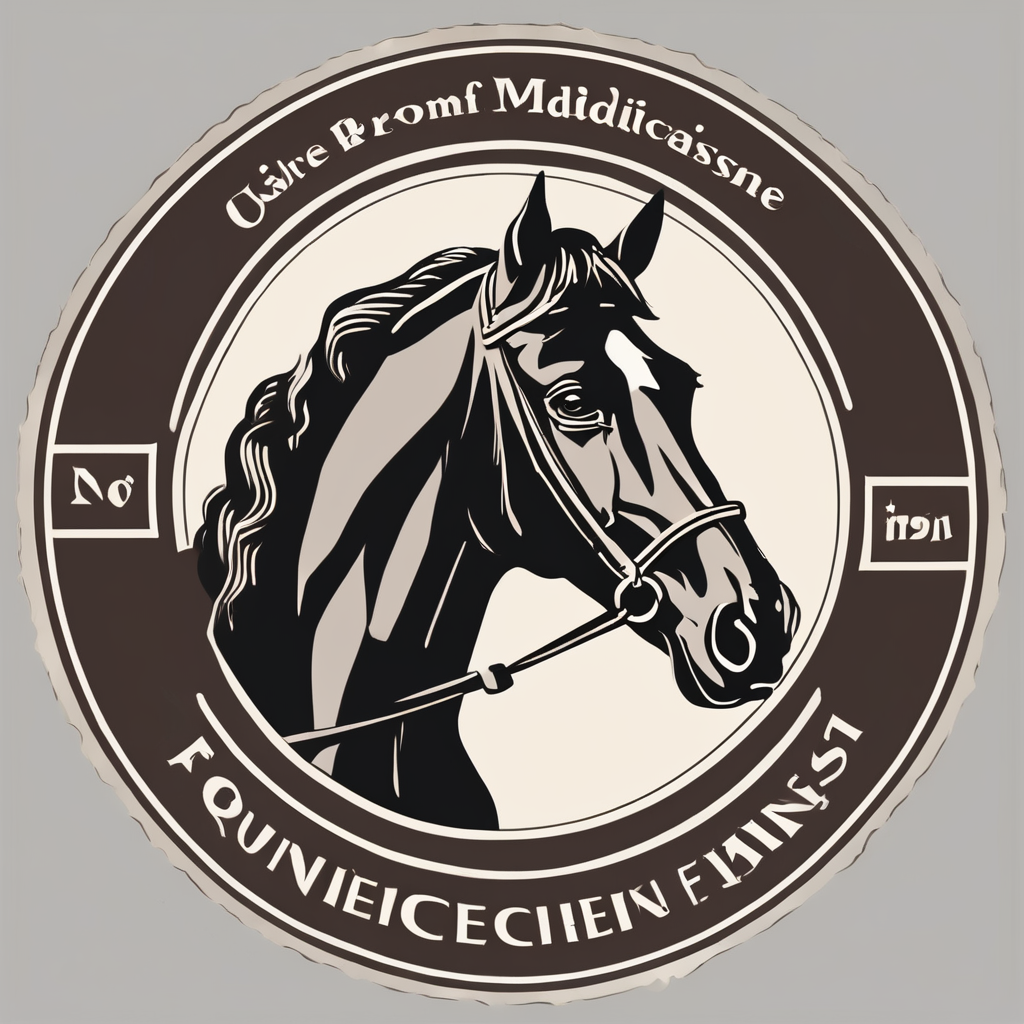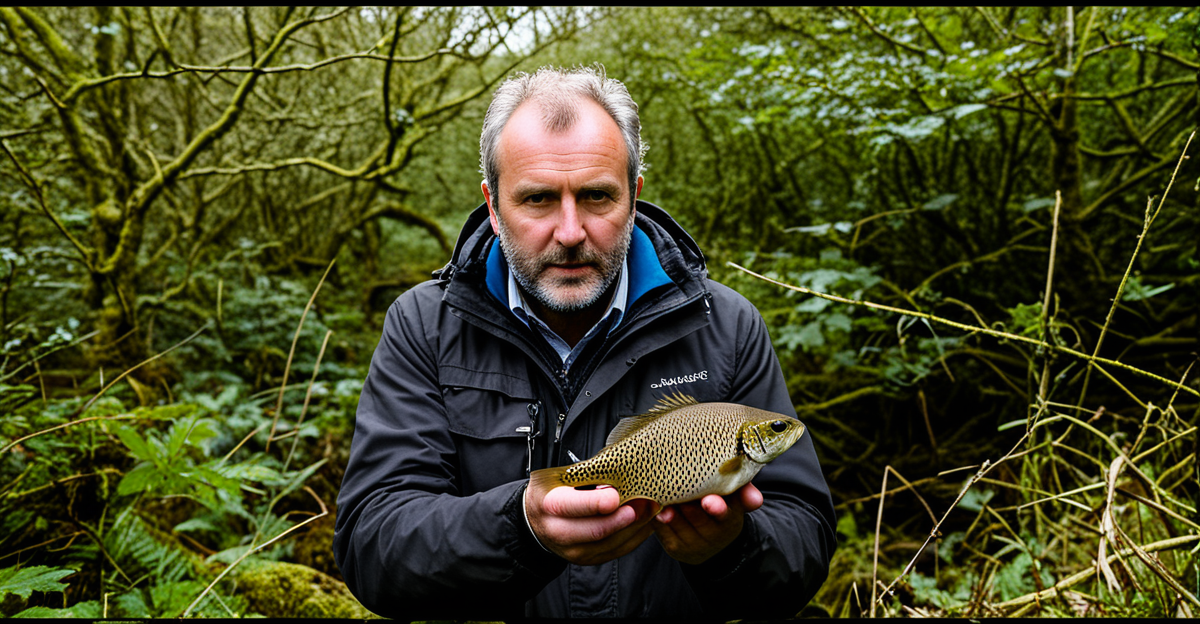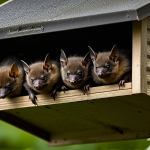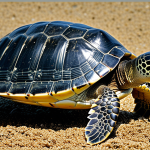The Role of Citizen Scientists in the UK’s Wildlife Monitoring
Citizen science UK initiatives empower everyday people to contribute meaningfully to wildlife monitoring and environmental research. By participating in seasonal wildlife tracking, volunteers help expand the scale of data collection far beyond what traditional scientific teams could achieve alone. This approach not only enhances understanding of biodiversity but also fosters a deeper public connection to nature.
Citizen scientists across the UK play a vital role in observing and reporting on species distributions, behaviors, and migration timings throughout the year. Their observations during different seasons provide crucial insights into changes in ecosystems and help identify trends linked to climate change and habitat loss.
This might interest you : Protecting marine turtles: innovative coastal development strategies in the uk to preserve nesting habitats
Key organisations support these efforts by providing resources, training, and platforms for submitting data. Groups like the Royal Society of Biology and local environmental charities coordinate projects that engage thousands of volunteers nationwide. These partnerships between professionals and citizen scientists strengthen collective knowledge and promote active conservation efforts throughout the UK.
Major Citizen Science Projects Tracking Seasonal Wildlife Patterns
In the UK, wildlife tracking projects led by citizen scientists provide invaluable insights into seasonal changes. Among the most influential are BirdTrack, Nature’s Calendar, and Butterfly Conservation schemes. These initiatives focus on phenology surveys—the study of seasonal natural events—and bird migration monitoring, allowing volunteers to record sightings and behavioral patterns across multiple species throughout the year.
Have you seen this : Comprehensive feeding tips for uk pet owners: nourishing rescued hedgehogs the right way
BirdTrack, for example, tracks migration routes and timing for numerous bird species. Nature’s Calendar encourages participants to log seasonal changes like flowering or animal appearances, providing data on ecosystem shifts. Butterfly Conservation projects focus on tracking butterfly populations and their variation over seasons.
These wildlife tracking projects UK engage thousands of volunteers nationwide, creating extensive data sets impossible to gather through professional efforts alone. The collected observations enable researchers to detect subtle changes in phenology and migration trends, linked closely to climate fluctuations.
By taking part, citizen scientists help fill crucial gaps in knowledge, contributing to long-term monitoring needed for effective conservation. The collaborative model ensures wide geographic coverage and temporal depth, reflecting diverse UK habitats and their seasonal wildlife dynamics.
The Role of Citizen Scientists in the UK’s Wildlife Monitoring
Citizen science UK projects harness the enthusiasm of volunteers who carry out seasonal wildlife tracking to support vital wildlife monitoring efforts. Citizen science involves non-professional individuals systematically collecting data, which broadens the reach of environmental research. This participatory approach enables large-scale observation across diverse habitats, enhancing the detail and frequency of wildlife records.
Volunteers actively observe species behaviors, distributions, and changes over time. Their contributions fill critical gaps that professional researchers alone cannot manage due to resource constraints. For instance, during different seasons, these volunteers submit valuable reports on migration timings, breeding patterns, and other seasonal phenomena.
Several key organisations play pivotal roles in facilitating and supporting citizen science UK initiatives. They provide training, data platforms, and organisational expertise to empower citizen scientists. Notable bodies include the Royal Society of Biology and local environmental charities, which coordinate efforts and ensure that collected data meets scientific standards. This structured support maximizes the impact of citizen contributions on UK-wide wildlife monitoring programs, bridging the gap between public enthusiasm and formal research goals.
The Role of Citizen Scientists in the UK’s Wildlife Monitoring
Citizen science UK initiatives are pivotal in expanding wildlife monitoring beyond traditional research limits. By engaging volunteers, these programs harness collective effort to gather extensive data on seasonal wildlife tracking, enriching scientific understanding across diverse habitats.
Citizen science UK involves non-specialists contributing systematic observations that professionals alone cannot feasibly collect. Volunteers often record animal sightings, migration timings, and breeding behaviors, filling vital data gaps throughout the year. This broad participation enables continuous tracking of wildlife populations and environmental changes on a regional scale.
Several key organisations facilitate these efforts, such as the Royal Society of Biology and local environmental groups. They provide essential support through training, data submission platforms, and project coordination, ensuring citizens’ contributions maintain scientific rigor. By bridging community enthusiasm with expert methods, they maximize the impact on wildlife monitoring initiatives.
In practice, volunteer-driven seasonal wildlife tracking helps detect shifts in species distribution linked to climate effects or habitat alteration. Citizen science UK thus acts as a crucial framework for long-term biodiversity surveillance and fosters public stewardship of natural resources across the country.
The Role of Citizen Scientists in the UK’s Wildlife Monitoring
Citizen science UK plays a crucial role in enhancing wildlife monitoring by involving non-professional volunteers in systematic data collection. These citizen scientists engage directly in seasonal wildlife tracking, contributing observations on species behaviors, migrations, and distributions that would be challenging for researchers to gather alone. This collective effort expands geographic and temporal coverage, providing richer datasets for environmental research.
In the UK, citizen scientists support projects by recording vital ecological information throughout the year. Their input includes monitoring changes linked to climate impact or habitat variations, making their role indispensable in continuous wildlife surveillance. For example, volunteers note migration timings and breeding activities, offering essential data points that complement formal scientific studies.
Several organisations underpin these citizen science UK initiatives. The Royal Society of Biology and local environmental charities provide training, data platforms, and coordination to maintain data quality and participant engagement. By facilitating communication between volunteers and researchers, these groups ensure that citizen-collected data meaningfully informs British wildlife monitoring programs and strengthens conservation actions nationwide.










